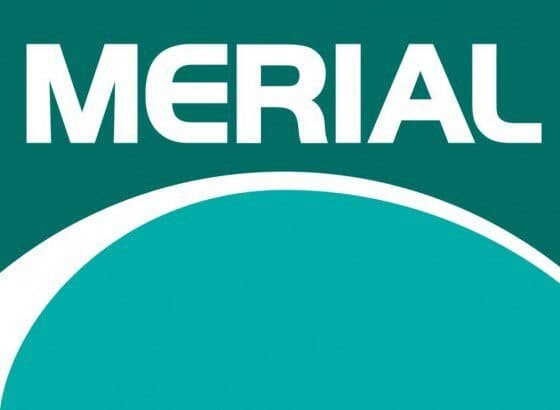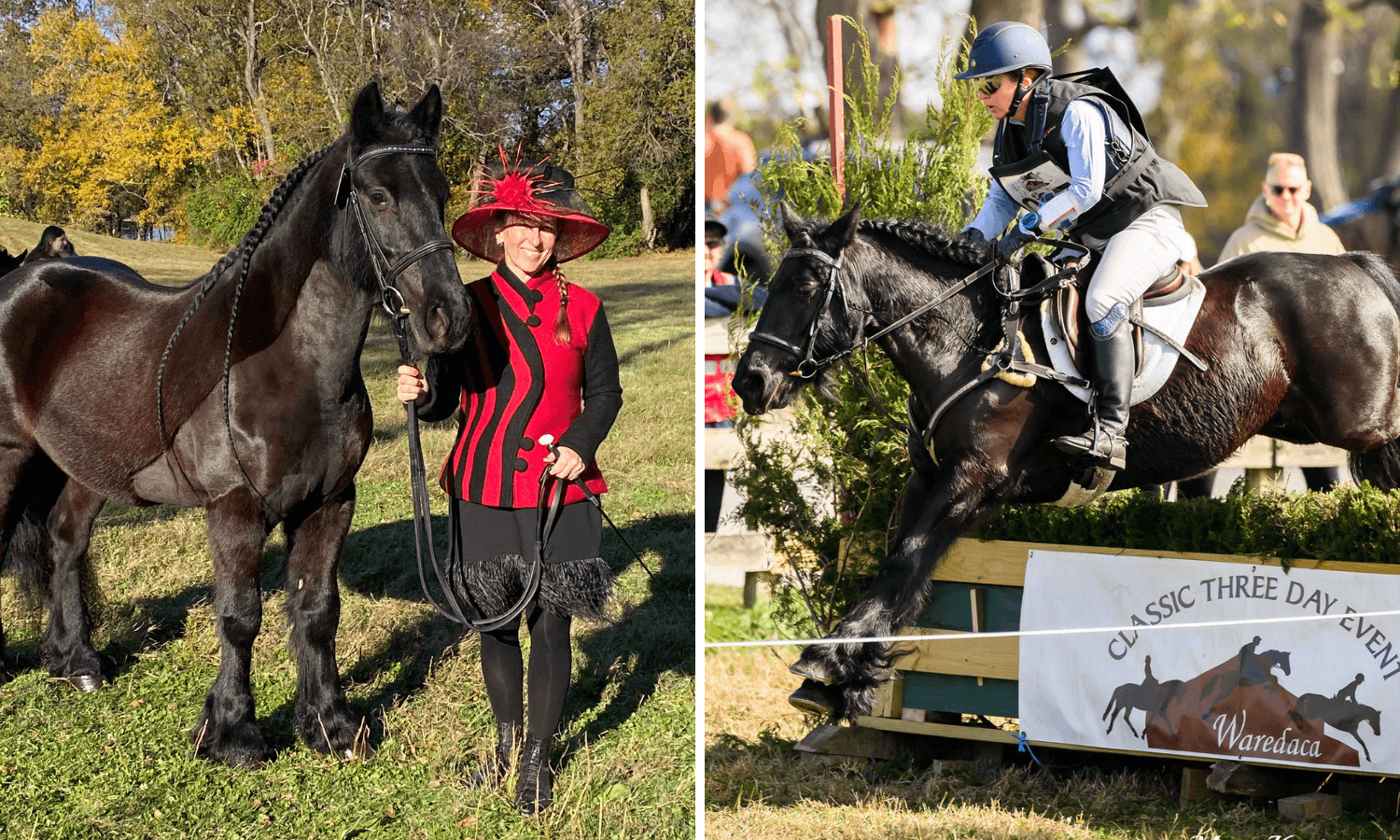They give that to humans don’t they?

Use of Bismuth in Horses Unproven
April Knudson, DVM, is an equine specialist with Merial Veterinary Services. She has a special interest in equine gastrointestinal health, infectious disease and lameness. She holds a doctor of veterinary medicine from the University of California-Davis. Below, she answers a question about the use of bismuth subsalicylate (Pepto-Bismol®or a generic equivalent) in horses.
Q. I’ve heard of people giving bismuth subsalicylate, commonly known as the human product Pepto-Bismol®, to their horses to help treat or prevent stomach ulcers. Does it work?
A. Bismuth subsalicylate is used in people to treat diarrhea and gastric distress such as nausea, indigestion and heartburn.1 It is not labeled for use in any animal! In fact, in the case of horses with ulcers, the use of bismuth is not recommended.2 Here’s why:
Once in the gastrointestinal tract, bismuth subsalicylate can be converted to sodium subsalicylate, causing gastric irritation.2 Additionally, salicylates, like aspirin, decrease prostaglandin secretion, which can further damage an already compromised stomach lining.2 For these reasons, bismuth is contraindicated in horses.
The only products that have been proven to be effective for the prevention and treatment, respectively, of equine stomach ulcers are ULCERGARD® (omeprazole) and GASTROGARD® (omeprazole).3,4 These drugs work by suppressing the amount of acid produced in a horse’s stomach, which increases the pH, and promotes healing of existing ulcers as well as reducing the potential development of new ulcers.
In some alleged “ulcer” products currently being compounded or marketed, such as Gastroade Extra Paste, bismuth and omeprazole are combined.5 There is no scientific proof these drugs work together and there’s actually reason to believe the combination of the two doesn’t treat or prevent equine stomach ulcers at all. Omeprazole is highly unstable in any type of acidic environment.6 Bismuth is acidic,7 so omeprazole likely degrades rapidly when combined with bismuth.
Horse owners want what’s best for their horses and it is unfortunate that some manufacturers promote products that haven’t been proven to Food & Drug Administration (FDA) standards. For the prevention of equine stomach ulcers, ULCERGARD® is the only FDA-approved and proven product.3 For the treatment of ulcers, GASTROGARD® is the only FDA-approved and proven product to treat and heal equine stomach ulcers.4 Omeprazole is an inherently unstable drug, and both of these products contain a formulation proven to protect the active ingredient so that it will work to prevent or treat stomach ulcers in horses.
Owners should also be wary of any product claiming to be a generic version or a compounded version of omeprazole. There is no generic version of omeprazole approved for use in horses in the United States. Additionally, studies have shown that compounded omeprazole products are less effective and often have great variations in the amount of active ingredient versus what the label claims.8,9
The key phrase for horse owners to look for when choosing an ulcer treatment or prevention product is “FDA-approved.” When a product has been approved by the FDA, it has been tested for safety and effectiveness in the target animal, manufactured according to Good Manufacturing Practices in facilities that meet FDA guidelines and is labeled and advertised in such a way as to not be misleading.10 To determine whether a drug has been FDA approved, horse owners should look for the six-digit New Animal Drug Application (NADA) number, or in the case of generics, the Abbreviated New Animal Drug Application (ANADA) number on the label. Or, look up the drug in the searchable database at AnimalDrugs@FDA (http://www.accessdata.fda.gov/scripts/animaldrugsatfda/).
When looking for ulcer prevention or treatment, horse owners should be sure they’re getting what they pay for and insist on using a product that’s been proven to work – in horses.
For more information about equine drugs, go to www.equinedrugfacts.com. For more information about ULCERGARD and GASTROGARD, go to www.ulcergard.com and www.gastrogard.com.
Important Safety Information:
Caution: Safety of GASTROGARD in pregnant or lactating mares has not been determined. ULCERGARD can be used in horses that weigh at least 600 pounds. The effectiveness of ULCERGARD in the prevention of gastric ulcers in foals and weanlings has not been evaluated. ULCERGARD may be used safely in breeding stallions. Safety in pregnant mares has not been determined.
®GASTROGARD and ULCERGARD are registered trademarks of Merial Limited. ©2012 Merial Limited, Duluth, GA. All rights reserved. EQUIUGD1256 (10/12)
1Bismuth subsalicylate. The Free Dictionary. http://medical-dictionary.thefreedictionayr.com/Pink+Bismuth. Accessed September 25, 2012.
2Andrews, FM. Gastric ulcers in horses: pharmacologic and management strategies. 286-288.
3ULCERGARD product label.
4GASTROGARD product label.
5Gastroade Extra Paste. http://www.rods.com/gastroade-extra-paste.html. Accessed September 25, 2012.
6Omeprazole. Formulation in Pharmacy Practice. www.pharminfotech.co.nz/manual/Formulation/mixtures.omeprazole.html.
7Bismuth Subsalicylate. U.S. Pharmacopeia. www.pharmacopeia.cn/v29240/usp29nf24s0_m9785.html. Accessed September 25, 2012.
8Stanley SD, Knych HK. Comparison of Pharmaceutical Equivalence for Commercially Available Preparations of Omeprazole. AAEP Proceedings. 2011;57:63.
9Nieto JE, et al. Comparison of paste and suspension formulations of omeprazole in the healing of gastric ulcers in racehorses in active training. JAVMA. 2002;8:1-5.
10American Health Institute and American Veterinary Medical Association and American Veterinary Distributors Association. Veterinary Compounding. Available at: http://www.aaep.org/siteadmin/modules/page_editor/images/files/AHI%20Compounding.pdf. Accessed November 1, 2012.















